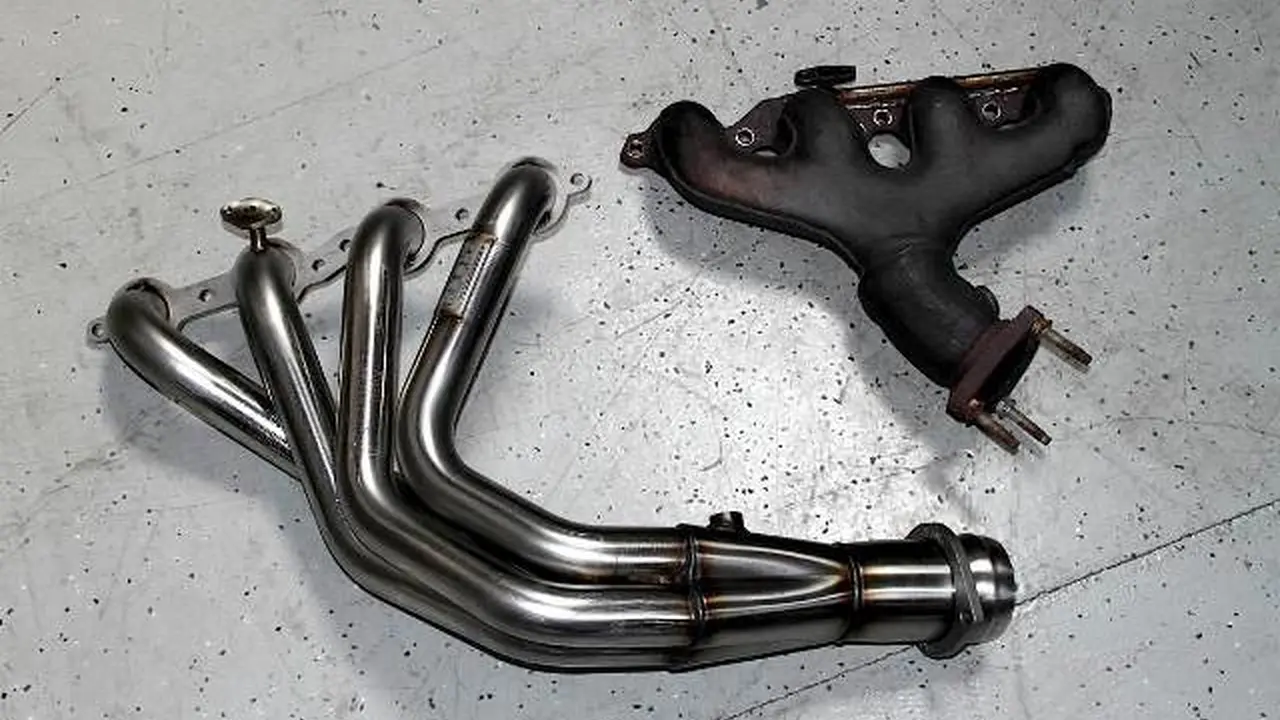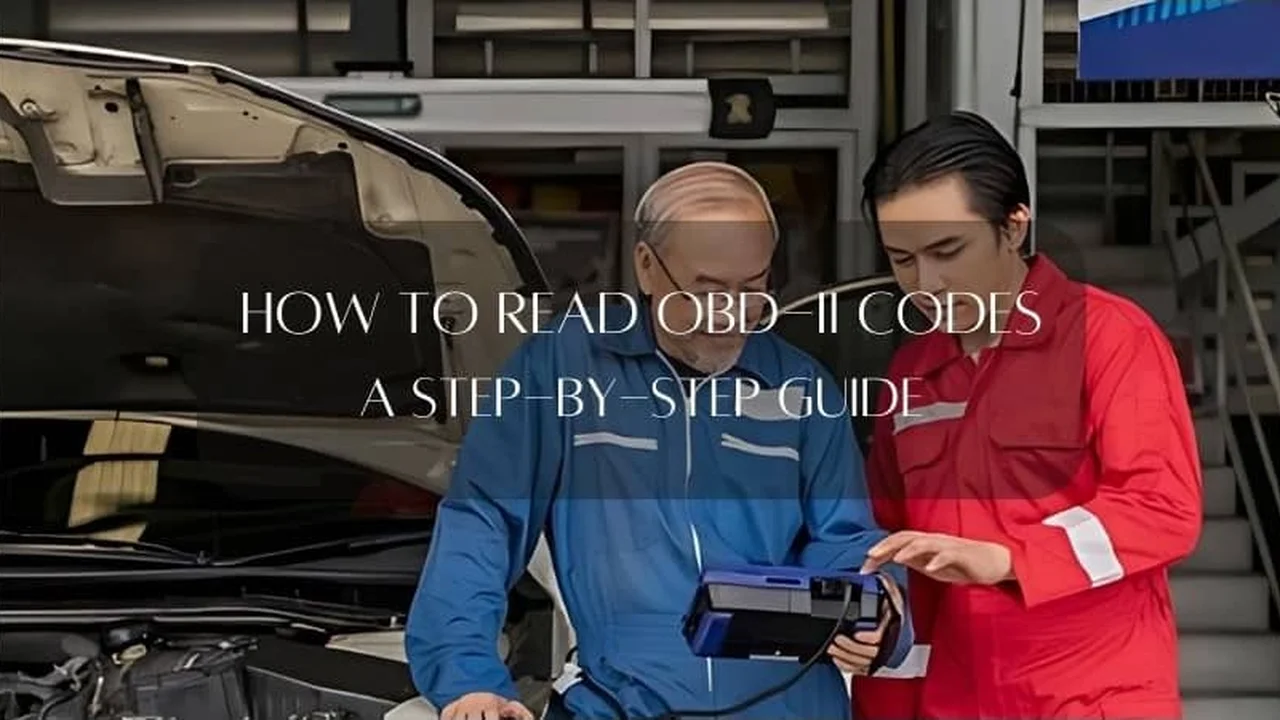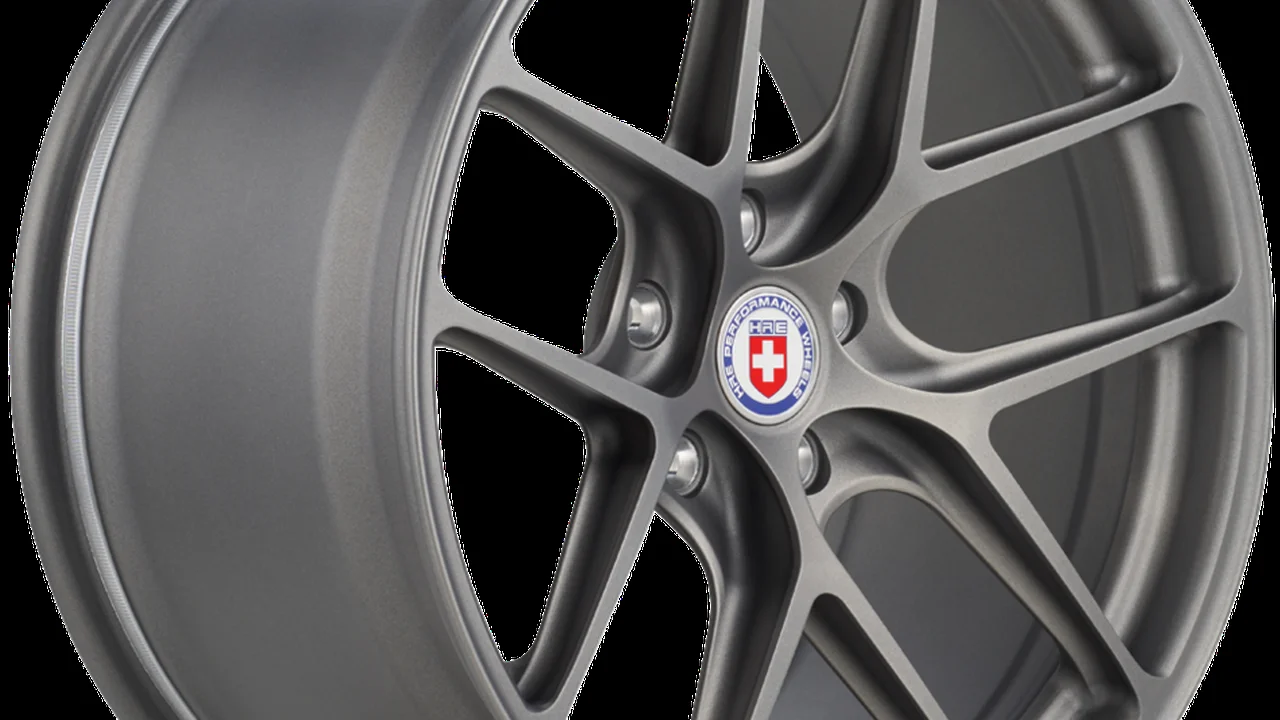7 Common Engine Tuning Mistakes to Avoid

Unlock your engine's potential while avoiding costly damage. This article highlights 7 crucial errors to avoid when tuning your engine, ensuring a safe and reliable performance upgrade. Protect your investment with proper tuning practices.
Introduction to Engine Tuning and Common Pitfalls
So, you're ready to dive into the world of engine tuning? That's awesome! Tuning can unlock hidden horsepower, improve fuel efficiency, and give you a driving experience tailored to your preferences. But hold on a second – before you start tweaking those parameters, it's crucial to understand that engine tuning can be tricky. A small mistake can lead to big problems, including decreased performance, engine damage, and a lighter wallet. This guide will walk you through seven common mistakes that tuners make, so you can avoid them and get the most out of your tuning experience.
Mistake 1 Ignoring Baseline Data and Proper Data Logging for Engine Safety
One of the biggest mistakes you can make is jumping into tuning without first establishing a baseline. You need to know where you're starting from! Before making any changes, record your engine's performance using a data logger. This includes parameters like air-fuel ratio (AFR), boost pressure (if applicable), ignition timing, coolant temperature, and intake air temperature (IAT).
Why is this important? Baseline data provides a reference point. After making adjustments, you can compare the new data to the baseline to see if your changes are actually improving performance and not causing any detrimental effects. Data logging is also essential during tuning. It allows you to monitor how the engine is responding in real-time, catch potential problems early, and fine-tune your settings for optimal results.
Product Recommendation: Consider the HP Tuners MPVI3. It's a popular and versatile data logging tool that supports a wide range of vehicles. It allows you to monitor and record dozens of parameters, giving you a comprehensive view of your engine's performance. Another great option is the AEM Electronics CD-5 Digital Dash Display, which can display real-time data and log information for later analysis.
Mistake 2: Neglecting Air Fuel Ratio (AFR) and its Importance for Engine Health
The air-fuel ratio (AFR) is the single most critical parameter to monitor during engine tuning. It's the ratio of air to fuel entering the combustion chamber. A lean AFR (too much air, not enough fuel) can cause overheating, detonation (knocking), and engine damage. A rich AFR (too much fuel, not enough air) can lead to poor fuel economy, reduced power, and spark plug fouling.
Why is this important? Maintaining the correct AFR is essential for engine health and performance. The ideal AFR varies depending on the engine, fuel type, and operating conditions. Generally, you'll want to aim for a slightly rich AFR at wide-open throttle (WOT) for maximum power and a leaner AFR at cruising speeds for optimal fuel economy. A wideband O2 sensor is crucial for accurately monitoring AFR during tuning.
Product Recommendation: The AEM 30-0300 X-Series Wideband UEGO AFR Sensor Controller Gauge is a highly recommended option. It provides accurate AFR readings and features a built-in gauge for real-time monitoring. It's also compatible with most aftermarket ECUs and data logging systems.
Mistake 3: Overlooking Ignition Timing and Detonation Prevention
Ignition timing is another critical parameter to adjust during engine tuning. It refers to the point in the engine cycle when the spark plug fires, igniting the air-fuel mixture. Advancing the ignition timing (firing the spark plug earlier) can increase power, but too much advance can cause detonation (knocking). Detonation is uncontrolled combustion that can severely damage your engine.
Why is this important? Finding the optimal ignition timing is a delicate balance. You want to advance the timing as much as possible without causing detonation. Listen for any signs of knocking during tuning. If you hear knocking, immediately retard the ignition timing. Modern ECUs have knock sensors that can detect detonation and automatically retard the timing, but it's still important to listen and monitor the data yourself.
Product Comparison: When choosing spark plugs, consider the heat range. Colder spark plugs are better for high-performance engines, as they can dissipate heat more effectively and prevent pre-ignition. Brands like NGK and Denso offer a wide range of spark plugs with different heat ranges. Always consult your engine manufacturer's recommendations for the correct spark plug type and heat range.
Mistake 4: Ignoring Coolant and Intake Air Temperatures (IAT) and their Effects
Coolant temperature and intake air temperature (IAT) can significantly affect engine performance. High coolant temperatures can lead to overheating and engine damage. High IATs reduce air density, which decreases power.
Why is this important? Monitor coolant temperature and IAT during tuning. If either temperature gets too high, take steps to cool the engine down. This might involve installing a larger radiator, an intercooler (for turbocharged engines), or adjusting your tuning parameters to reduce heat.
Product Recommendation: Consider upgrading to a performance radiator like the Mishimoto Performance Radiator for improved cooling capacity. For turbocharged engines, a high-quality intercooler like the Garrett Performance Intercooler can significantly reduce IATs and improve performance.
Mistake 5: Neglecting Fuel System Limitations and Fuel Injector Sizing
Your fuel system needs to be able to deliver enough fuel to support your desired power levels. If your fuel injectors are too small, they won't be able to supply enough fuel, leading to a lean AFR and potential engine damage. Similarly, a weak fuel pump can also restrict fuel delivery.
Why is this important? Before tuning, calculate your engine's fuel requirements and ensure that your fuel injectors and fuel pump are adequately sized. If you're planning to significantly increase power, you'll likely need to upgrade your fuel system components.
Fuel Injector Sizing: A common rule of thumb is to allow for at least 20% headroom in fuel injector capacity. So, if your calculations show that you need 400cc injectors, you should opt for 500cc injectors to ensure adequate fuel delivery and prevent the injectors from running at 100% duty cycle. Running injectors at or near 100% duty cycle can lead to overheating and premature failure.
Product Recommendation: Injector Dynamics and DeatschWerks are reputable brands that offer high-quality fuel injectors in various sizes. When choosing a fuel pump, consider brands like AEM and Walbro. Be sure to select a fuel pump that can provide enough flow to support your engine's horsepower goals.
Mistake 6: Being Too Aggressive with Tuning Changes and Rushing the Process
Tuning is a process, not a race. Don't try to make huge changes all at once. Small, incremental adjustments are the key to success. After each adjustment, log data, analyze the results, and make further adjustments as needed. Rushing the process can lead to mistakes and potential engine damage.
Why is this important? Taking your time allows you to carefully monitor the effects of each change and identify any potential problems before they become serious. Patience and attention to detail are essential for successful engine tuning.
Mistake 7: Failing to Seek Professional Help When Needed and Ignoring Expert Advice
Engine tuning can be complex, especially for beginners. If you're unsure about something, don't hesitate to seek professional help. There are many experienced tuners who can provide guidance and assistance. Don't be afraid to ask questions and learn from their expertise.
Why is this important? A professional tuner has the knowledge, experience, and tools to safely and effectively tune your engine. They can help you avoid common mistakes and optimize your engine's performance. Investing in professional tuning services can save you time, money, and potential engine damage in the long run.
Finding a Tuner: Look for tuners who specialize in your vehicle's make and model. Check online forums and communities for recommendations. Read reviews and ask for references. A reputable tuner should be able to explain their tuning process clearly and answer your questions thoroughly.
:max_bytes(150000):strip_icc()/277019-baked-pork-chops-with-cream-of-mushroom-soup-DDMFS-beauty-4x3-BG-7505-5762b731cf30447d9cbbbbbf387beafa.jpg)






